Endometriosis

specialists

equipment

treatment
Types of endometriosis
Genital endometriosis
Genital endometriosis affects the organs of the reproductive system. Internal endometriosis, or adenomyosis, occurs when endometrial cells grow into the muscle layer of the uterus, causing it to become enlarged. This condition is accompanied by severe pain, especially during menstruation, heavy bleeding and constant discomfort, which significantly impairs the quality of life. External genital endometriosis affects the ovaries, fallopian tubes and other pelvic organs. Cysts can form on the ovaries, which cause severe pain, especially during menstruation, and often lead to infertility.
Extragenital endometriosis
Extragenital endometriosis develops when endometrial cells extend beyond the reproductive system. In this case, the intestines are most often affected, which causes pain during bowel movements, or the bladder, causing frequent and painful urge to urinate. Sometimes pathological cells affect the abdominal wall, causing pain in the abdominal area. In rare cases, endometriosis can affect the lungs, which is accompanied by hemoptysis associated with the phases of the menstrual cycle, or the brain, which leads to neurological manifestations.
Peritoneal endometriosis
Peritoneal endometriosis is one of the most common forms of the disease, which affects the peritoneum - the thin tissue covering the internal organs. Chronic pain in the pelvic area, aggravated by physical activity or during menstruation, is the main symptom of this form.
Answers to popular questions
Endometriosis of the uterus raises many questions among patients. Let's look at the main ones to clarify.
Can endometriosis go away on its own?
Uterine endometriosis does not go away on its own. However, its symptoms may temporarily subside, for example during pregnancy, when menstruation stops, or during menopause, when estrogen levels in the body decrease. Despite this, it is impossible to completely get rid of the disease without treatment.
What is adenomyosis?
Adenomyosis is a form of endometriosis in which endometrial cells invade the muscle layer of the uterus. This condition can cause painful and heavy periods and an increase in the size of the uterus. The diagnosis is easily confirmed using ultrasound. If the symptoms are mild, treatment may not be required, but if the symptoms are severe, doctors prescribe hormonal therapy or recommend surgical treatment.
Are endometrioid cysts dangerous?
Endometrioid cysts, also known as “chocolate cysts,” form on the ovaries. Although their dense walls reduce the likelihood of rupture, the risk of complications remains. The cyst may enlarge, which is accompanied by pain and can lead to rupture or internal bleeding. To prevent complications, it is important to avoid excessive physical activity and see your doctor regularly. If the cyst enlarges, elective treatment may be required.
Which doctor treats endometriosis?
A gynecologist diagnoses and treats endometriosis. In complex cases, consultation with other specialists, such as a surgeon or endocrinologist, may be required.

This award is given to clinics with the highest ratings according to user ratings, a large number of requests from this site, and in the absence of critical violations.

This award is given to clinics with the highest ratings according to user ratings. It means that the place is known, loved, and definitely worth visiting.

The ProDoctors portal collected 500 thousand reviews, compiled a rating of doctors based on them and awarded the best. We are proud that our doctors are among those awarded.
Make an appointment at a convenient time on the nearest date
Price
Other services






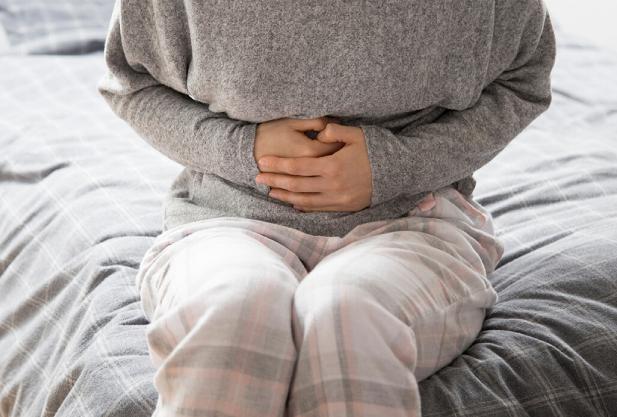
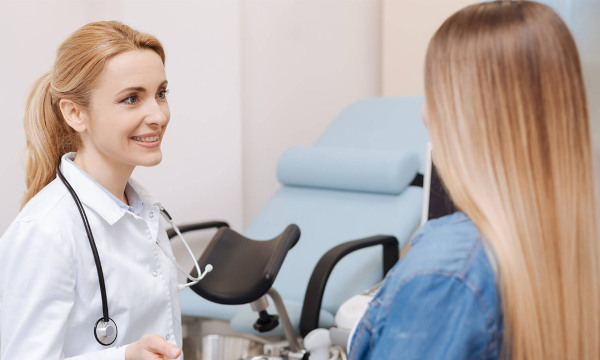
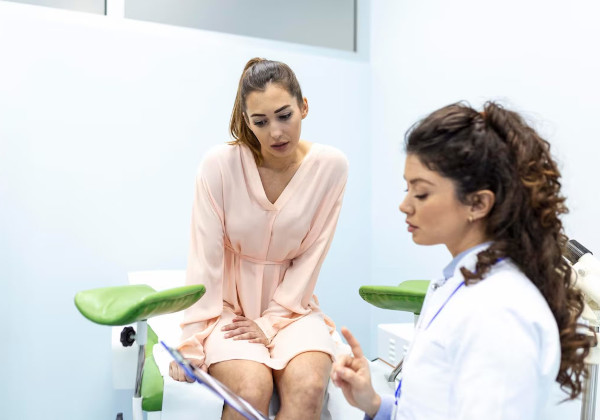
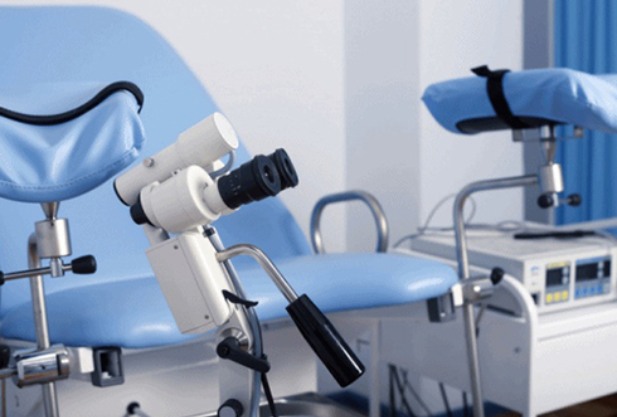

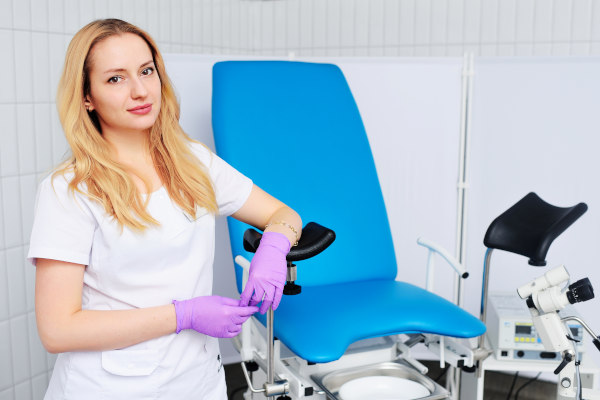

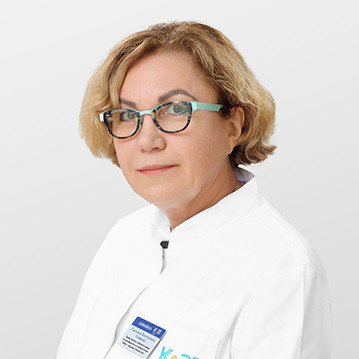



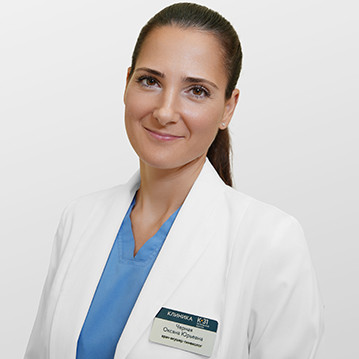



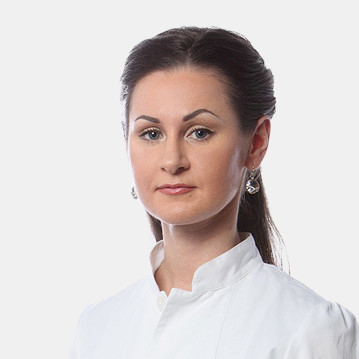





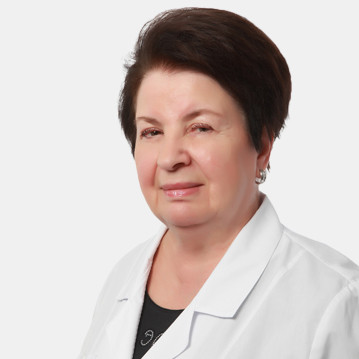
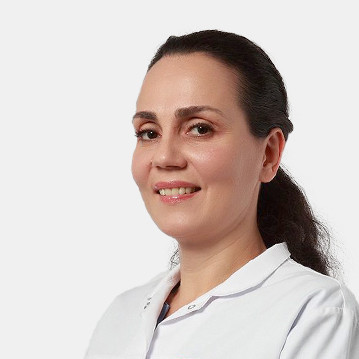




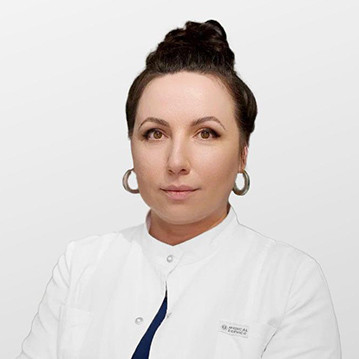

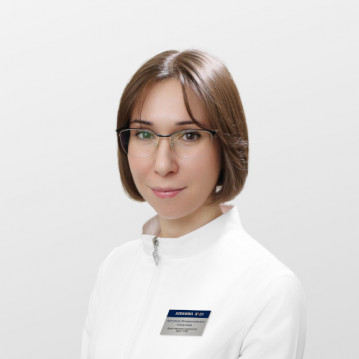






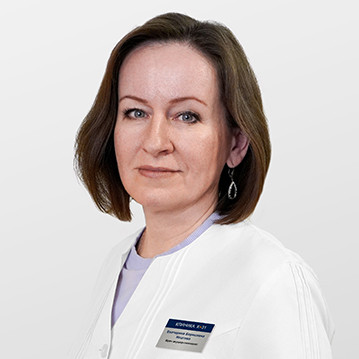






What is endometriosis?
Endometriosis is a condition in which cells in the lining of the uterus (endometrium) appear where they should not be. They can be on the ovaries, fallopian tubes, in the abdominal cavity, and sometimes even on the intestines or bladder. These cells continue to behave as if they were still in the uterus: they participate in the menstrual cycle, causing bleeding and inflammation in the affected tissues. Over time, this can lead to scarring, adhesions, and organ dysfunction.